The halls of the Westbrook Music Building are once again busy and our faculty, staff, students and alumni are all doing amazing things! Read about them here:
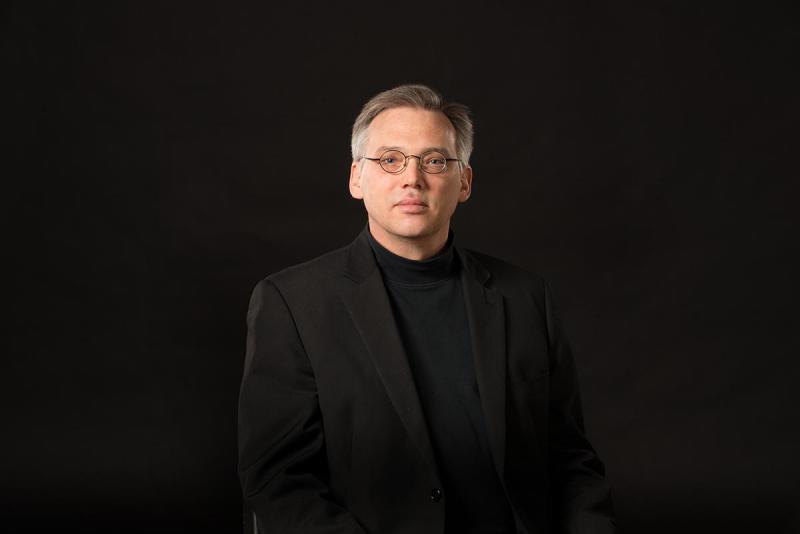
Scott Anderson
Scott Anderson will perform in the trombone section with the Des Moines Symphony on their annual 4th of July Concert. Anderson has been playing with the Symphony since his undergraduate days in the early 1980s.

Karissa Van Liew
I am a senior Music Education major from Lincoln, Nebraska. This summer, I am doing a Cultural Exchange Internship in Southeast Asia for two months. I came at the end of May and will be here until the end of July. I am working on an ethnomusicology research project of an Asian minority group. The music culture of the minority group is fascinating! I am making observations of their natural music environment, interviewing people, and reading books/journal articles about the culture. The project will result in paper about the people group's music and how foreigners are affected by the music and how we have influenced their music.
I am also taking lessons on a traditional Asian string instrument, which has been a fun, yet challenging experience, especially since my lessons have to be translated into English. Once a week, I go out to a countryside village school and help teach English to elementary students. I have also spent a sizable amount of time at an American-run coffee shop, which acts as a place of cultural exchange in the city. While I have been there, I have helped put on English-teaching activities using music and performed Western-style music on my flute. And of course, I am spending a lot of time building friendships with the locals.
I have really enjoyed my time in Southeast Asia learning about the music, being immersed in the culture, and meeting new friends! Overall, I am loving my time overseas. This internship has given me a greater idea of what ethnomusicology looks like, how it works, and how it is beneficial in the music field. Yet, I think what has been most enjoyable is meeting the locals, building friendships, and exchanging with one another about our different cultures.
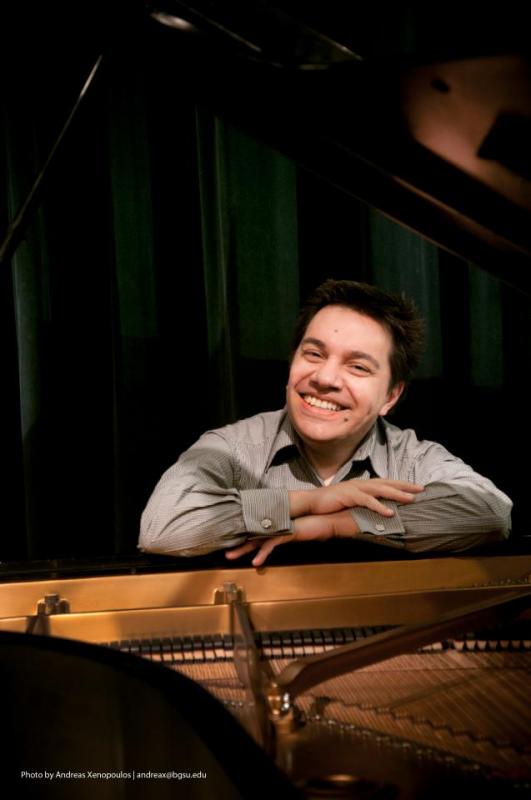
Marcelo Lian
This coming Friday I'm leaving for Michigan, where I'm on the piano faculty at the Blue Lake Fine Arts Camp. It is my second summer working there and I love it! The surroundings are incredibly beautiful and I get to teach piano and perform some chamber music with colleagues.
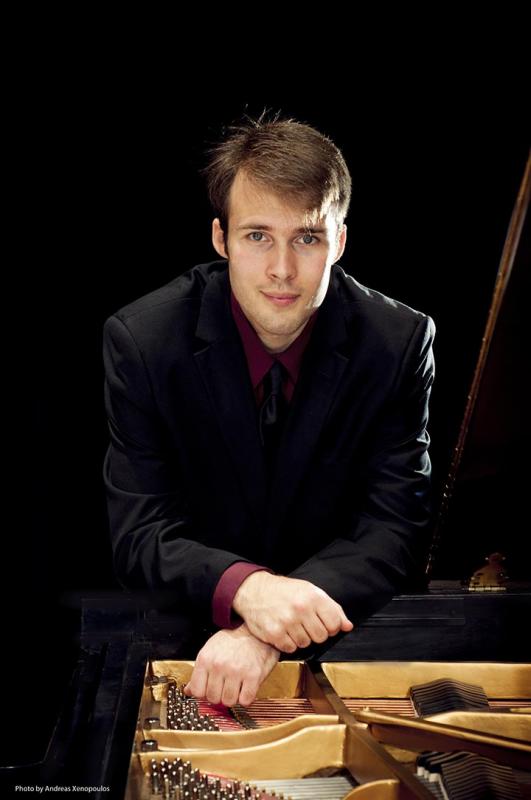
Nicholas Raimondi
I am taking summer classes while working part-time for most of this summer. As a drum major for the Cornhusker Marching Band, I am also planning meetings with other leadership members so we can begin laying out the groundwork for the coming season. I am also going to be a counselor for UNL High School Marching Band camp, where I will be working with high school drum majors from around Nebraska. Following this, I will be traveling to Eastern Illinois University for the Smith Walbridge Clinics Drum Major camp, which I have been involved with for six years now.
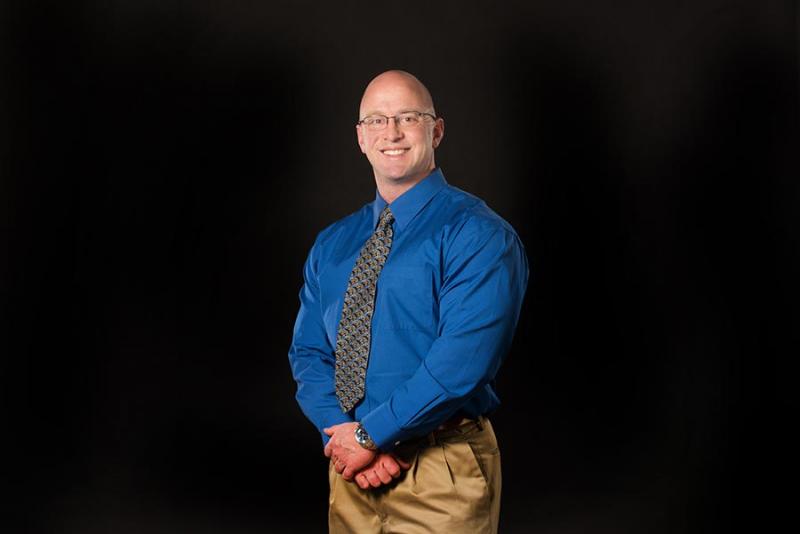
Jeffrey McCray
I am currently teaching at the Summer Bassoon Extravaganza at Emory University in Atlanta GA. I am also preparing to compete at the NPC Masters Nationals Bodybuilding Championships in Pittsburgh PA on July 19.
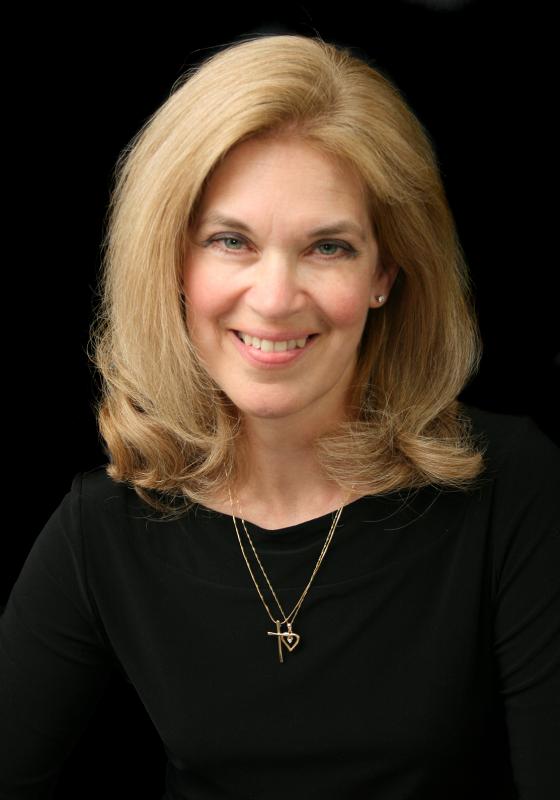
Therees Hibbard
I am returning at the end of June to work for two-to-three weeks at the Oregon Bach Festival in Eugene, Oregon as I have for many summers — Singing with choir [Verdi Requiem, etc] and working with young singers as faculty for the Youth Choral Academy; also teaching sessions for Teachers' Workshop that runs concurrently with the Youth Choral Academy and the Festival. Also, a possible trip to the UK in late July to visit friends and colleagues, and also teach several workshops for teachers/singers while in the area. I've been invited to serve as guest clinician for the summer retreat of the Crystal Children's' Choirs from the San Francisco Area at the beginning of August and invited to establish a new set of festival/workshops involving both conducting choirs and teaching two choral directing workshops on the islands of Chios and Mytilene, Greece, in mid August.
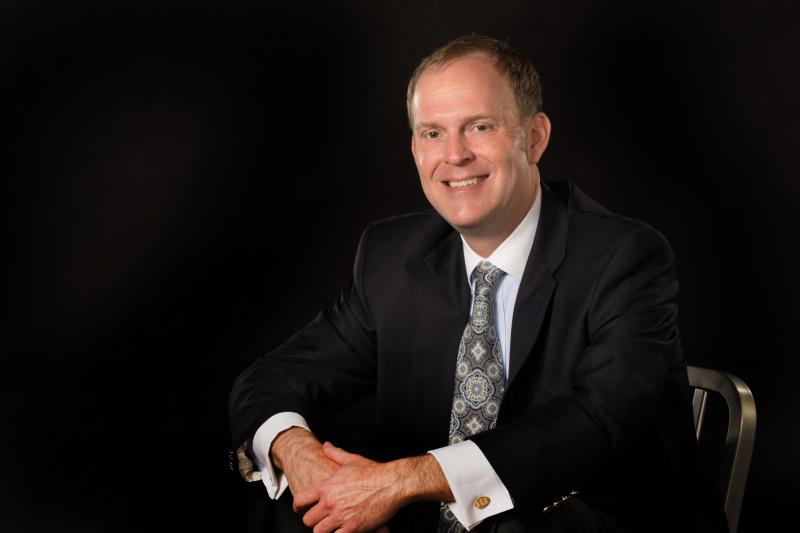
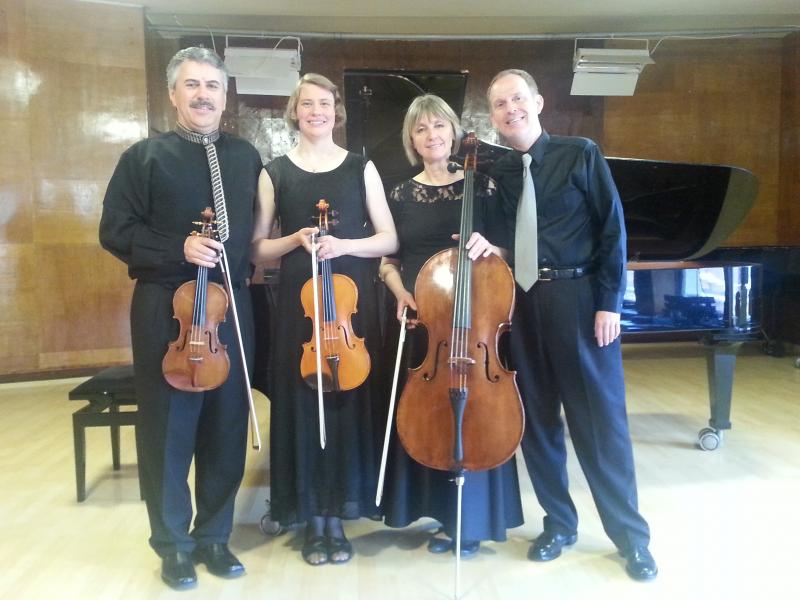
Mark Clinton
I was featured in multiple performances with members of the Montecristo Ensemble in Israel and Bulgaria from April 23 to May 21, 2014.
Due to the tragic death of her husband earlier this year, our cellist was unable to join us for our scheduled performances in Israel. On relatively short notice, therefore, it was decided that violinist Mihai Craioveanu and I would put together a varied program of works for solo piano, solo violin, and violin/piano duo for the Israeli portion of our tour. Our first performance in Israel was at the Or Yehuda Conservatory, and it attracted an enthusiastic audience of students, faculty, and patrons from the surrounding area. Prior to the performance we had the opportunity to meet with the Director of the Conservatory (Hana Ajiashvili), who is also an internationally acclaimed composer. Our discussions culminated in plans to collaborate with her in the very near future. Also while at Or Yehuda, I gave a masterclass for talented young piano students from the conservatory, including a sixteen year old girl who currently studies with renowned Israeli pianist and pedagogue Asaf Zohar. The second performance in Israel was at the prestigious Felicja Blumental Centre, located in the heart of Tel Aviv. It was enthusiastically received by an audience that included Professor Zohar, whose overwhelmingly positive comments following my performance of Beethoven’s “Appassionata” Sonata were extremely gratifying to me. The strong connection that I established with Professor Zohar during this trip undoubtedly will lead to further teaching and performing opportunities for me in Israel
All four members of the Montecristo Ensemble were able to be present for both performances in Bulgaria. Our first appearance there was the opening concert for the International Chamber Music Festival in Kyustendil, with a packed house in the auditorium of the Bratstvo Cultural Center. Our second performance was in Sofia at Philip Koutev Hall at the Union of Bulgarian Composers. This performance was attended by a number of prominent Bulgarian musicians including Vladislav Grigorov (horn), Geoffrey Deane (cello), Daniela Dikova (piano), and Josef Rodionov (violin). Professor Rodionov serves as a member of the Board of Directors for the Plovdiv International Chamber Music Festival, and following our performance he invited the Montecristo Ensemble to appear at the prestigious festival next summer.
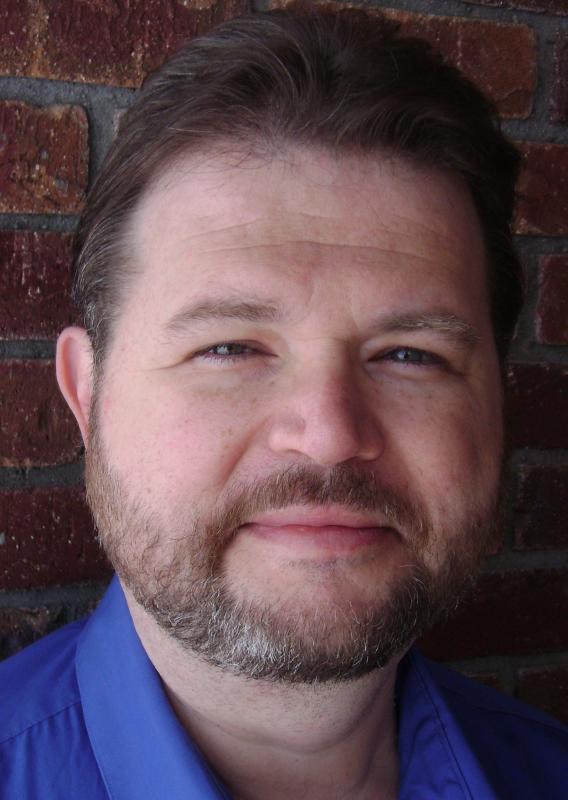
Eric Richards
• Collaborated with Zhang, Xiaolu, Director of Jazz Studies and Professor of Saxophone at the Shanghai Conservatory of Music to premiere a new composition for jazz orchestra titled EAST RHYTHM
• Composed a new set of All-State Jazz Ensemble Audition Etudes commissioned by NMEA
• Created original music and performing with the UNL Faculty Jazz Ensemble on their Summer European Tour. Venues include the Montreux and Vienne Jazz Festivals
• Commissioned to write a new arrangement of SATURDAY NIGHT IN THE COSMOS by the Virginia Tech University Jazz Studies program. The piece is part of a tribute to the late pianist-composer Don Pullen.
• Commissioned to write a new arrangement of composer Ellen Seeling's CHEVERE for jazz orchestra to be featured on an upcoming recording by the Montclair Women's Big Band (http://montclairwomensbigband.com/)
• Composing and arranging new music for the "New" UNL Jazz Orchestra!
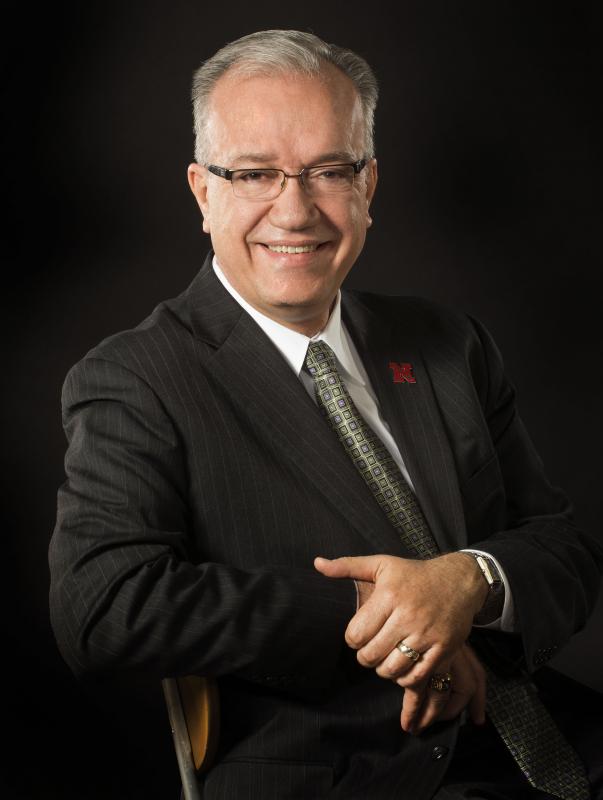
John Richmond
I will present at the 2014 World Conference of the International Society for Music Education in Porto Alegre, Brazil. ISME is the music-education arm of the United Nations Educational, Scientific, and Cultural Organization (UNESCO) and this conference occurs biennially. Recent conferences have taken place in Greece, China, Italy, and the Canary Islands.
Title -- "Balancing Tradition and Change: Ethical Leadership in 21st Century Schools of Music"
Presenter — John W. Richmond, Ph.D., Professor & Director of UNL's Glenn Korff School of Music
Abstract -- Confronted with tectonic shifts in music culture and music consumption worldwide, tertiary music faculties and their administrators are placed now at a challenging and sometimes dangerous confluence of pressures in support either of "tradition" (the aggressive reaffirmation of commitment to the "common practice" of western European art music of the 17th-20th centuries) or "change" (a turn away from these art music practices and toward current commercial/popular/vernacular/world-music practices and pedagogies). While it is possible to identify pristine exemplars on both extremes of these musical polarities, such a forced choice seems likely to be artificially binary. In fact, a more promising alternative for most tertiary music faculties likely will be a commitment to tradition AND change – to an acknowledgement of the ethical obligation of universities and conservatories concurrently and competently to understand and honor beloved musics of the past while taking up the equally important and often very hard work of shaping a vigorous, lasting, innovative musical future for our culture and our time. Twenty years ago in Tampa, FL, USA, the International Society for Music Education organized its 1994 biennial world conference under the conference theme of “Musical Connections: Tradition and Change.” While the overarching focus of that conference sought to create linkages and dialogues among the world’s divergent music practices and pedagogies, the pressures of that time were vastly different and frankly less threatening in hindsight than those that appear to be on the horizons of university music programs now, especially those rooted in the “classical” music of the west. This paper unpacks the recent history of this tectonic shift, it documents the size of this shift in terms of music production/consumption and education economics, and finally advances a renewed and updated call for “tradition AND change” – one that posits a role for university music programs as engines of music preservation, innovation, cultural cross-pollination, and affirmation. The ethics orientation of this narrative is rooted in what modern education ethicists call “rule utilitarianism” or the blending of most compelling features of deontological and teleological perspectives in choosing the right course of action. Rule utilitarianism is a call to ethical discourse.
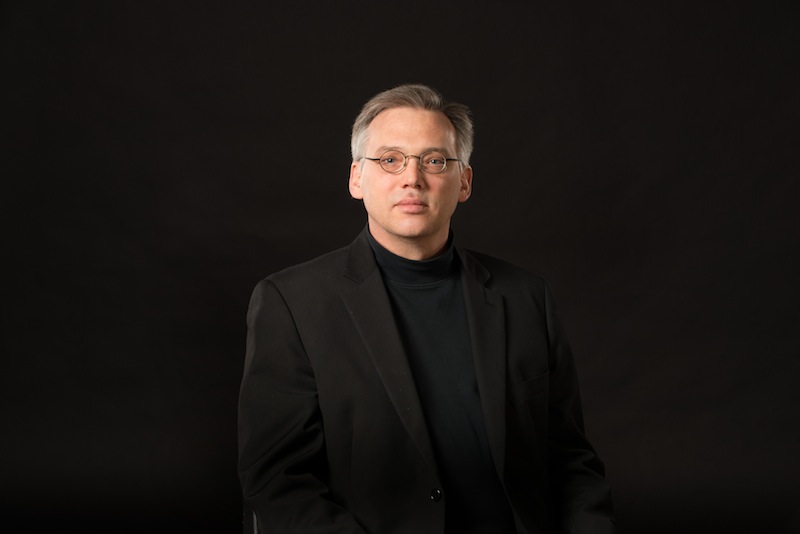
Scott Anderson
I am performing as tenor tubist with the Omaha Symphony on Richard Strauss’ work Ein Heldenleben” on June 6-7. The concerts are at the Holland Center in Omaha.